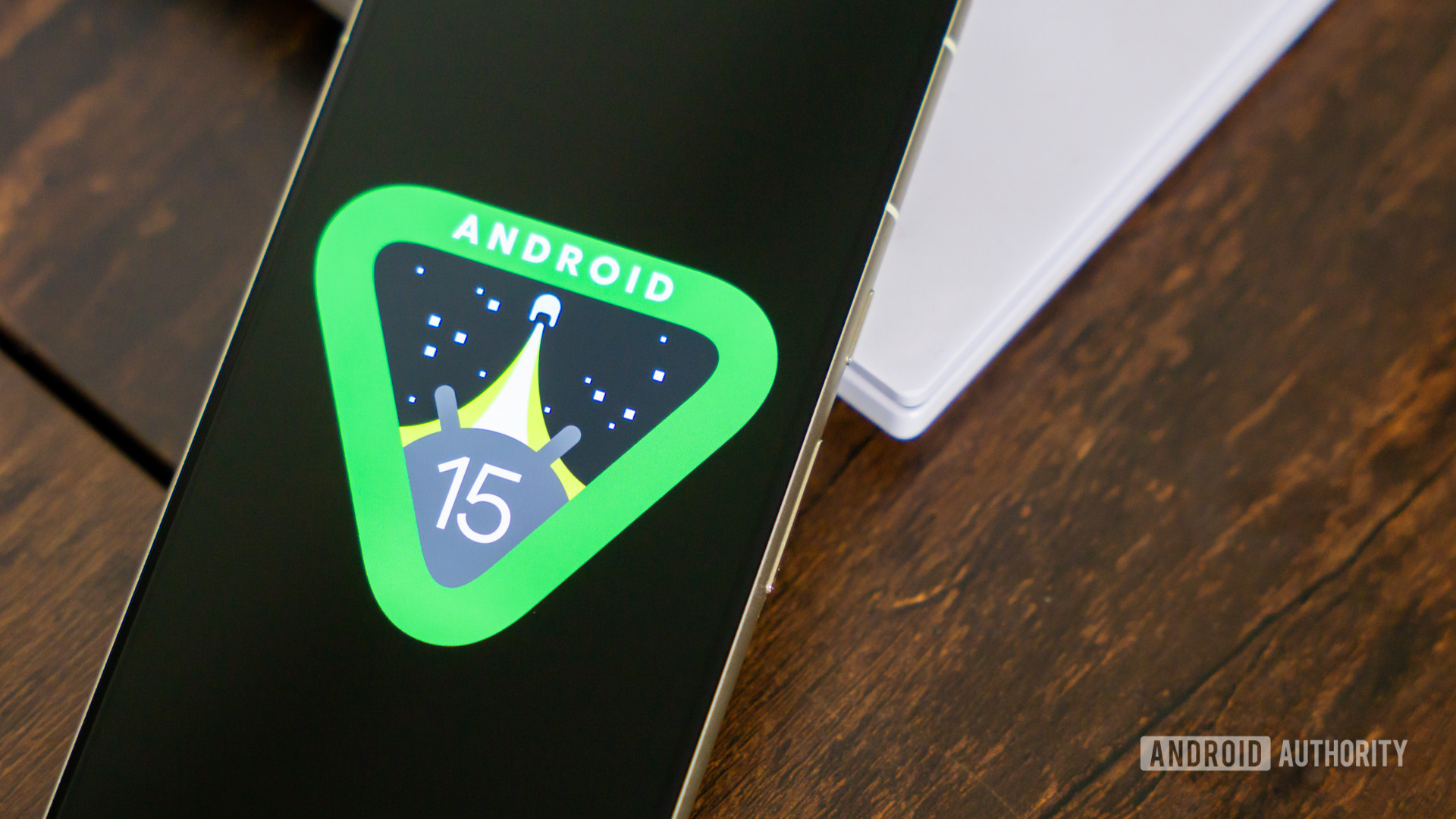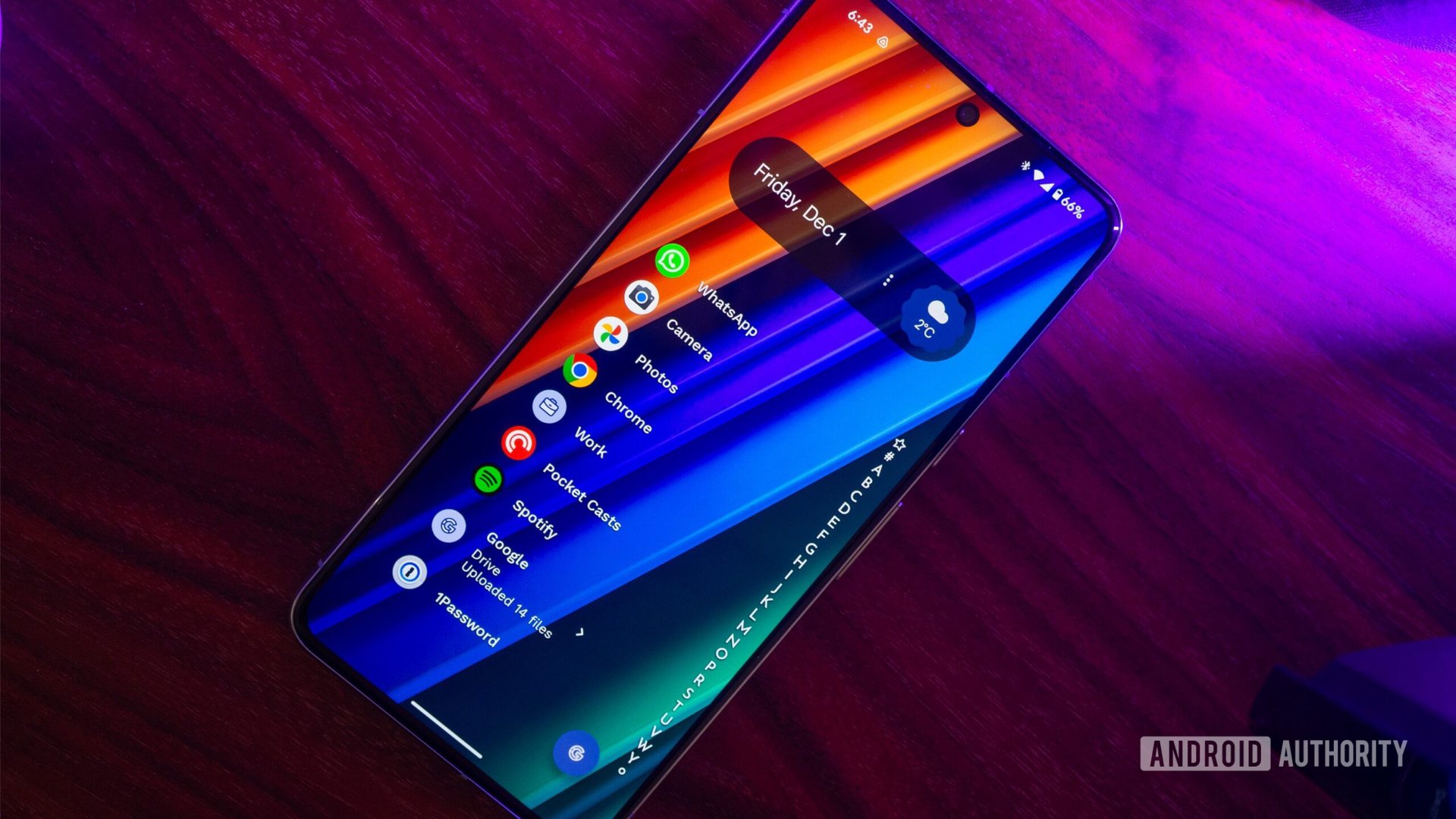
Niagara Launcher update adds support for two of Android 15’s best features


Rita El Khoury / Android Authority
TL;DR
- The latest Niagara Launcher beta update adds support for app archiving and Private Space on devices running Android 15.
- App archiving is a feature that lets you reclaim storage space by removing parts of an app rather than uninstalling it completely.
- Private Space is a feature that lets you hide apps from other people by placing them in a hidden container.
One of the best aspects of the Android operating system is its customizability, and perhaps nothing is more reflective of that than its support for third-party launchers. There are a lot of great Android launchers to choose from, but among the extensive list, Niagara Launcher is one of the most popular and beloved. The latest Niagara Launcher beta update makes it even better for users running Android 15, as it adds support for two of the operating system’s biggest features: app archiving and Private Space.
Niagara Launcher, for those who aren’t aware, offers a fresh and clean home screen experience on Android. Its design is intentionally minimal so you can stay focused on the apps that matter most. However, it doesn’t shy away from offering some advanced features such as the Niagara widget, the launcher’s take on the Pixel’s powerful At a Glance experience, and Anycons, its clever approach to themed icons.
Although several of Niagara Launcher’s best features are only available if you unlock the Pro version, many features are available for all users, including the latest additions in the v1.12.7 beta update.
Niagara Launcher Beta 1.12.7 changelog
Niagara Launcher v1.12.7 beta is rolling out today, and it brings full support for the app archiving and Private Space features in Android 15. There are some caveats with the launcher’s Private Space support that I’ll explain in detail below, but first, here’s the changelog for the update:
- Support new features introduced in Android 15
- Private Space: find apps from your private space in a new section and unlock or lock the private space directly from Niagara Launcher
- App Archiving: archived apps are greyed out and have a neat “cloud” badge to show that they need to be restored before using them again
- Bugfixes
- Updated Translations
App archiving support in Niagara Launcher
Niagara Launcher now fully supports Android 15’s built-in app archiving feature. This means that it recognizes when apps have been archived and replaces their icons with the archived version of the icon. The archived version of an icon is simply a grayed-out version of the app’s original icon with a “cloud” badge overlaid on top. Tapping an archived app’s icon will trigger a dialog that asks you whether you want to restore the app from whatever app store it was installed from.
Compared to the Pixel Launcher on Google’s Pixel phones, Niagara Launcher handles archived apps exactly the same, albeit with a few minor visual differences. For example, the archived version of an app’s icon is slightly different in Niagara Launcher versus Pixel Launcher.
In addition, Niagara Launcher doesn’t display the progress of an app’s restoration, whereas the Pixel Launcher does so with a circular progress bar on the icon itself. Neither launcher lets you archive apps from the home screen or app drawer, though Niagara does offer the ability to hide archived apps, unlike the Pixel Launcher.
Private Space support in Niagara Launcher
More impressive is Niagara Launcher’s support for Private Space, a feature that lets you hide apps on Google Pixel phones and other devices that support the feature on Android 15.
Private Space creates an entirely new profile that’s bound to the primary user, much like a work profile. In this profile, any apps or files that you download are stored in their own private data path, ensuring your most sensitive data doesn’t show up when you’re running an app outside the Private Space. Your Private Space can also be set up with a different lock screen and Google account than the primary profile, furthering the separation between the two.
While the Android operating system handles the creation, management, and deletion of the Private Space, Android launchers like Niagara Launcher are responsible for actually letting the user interact with it. To properly support Private Space in Android 15, launchers have to have a separate container for apps installed in the Private Space, have to be able to lock and unlock the container on demand, have to hide apps in the Private Space when it’s locked, and have to be able to hide the Private Space entirely when the user enables that setting.
Niagara Launcher supports almost every Private Space requirement minus two that are currently impossible for it to handle. Without going into too much detail, there are a few Private Space APIs that third-party launcher apps can’t currently access in Android 15. The first one is an API that lets apps launch the Private Space settings screen. The second one is an API that lets apps detect when the user has enabled the “hide private space” setting.
As a result, third-party launchers like Niagara Launcher are unable to detect when the user has chosen to hide the Private Space, meaning they don’t know when to hide the entire container like the Pixel Launcher does. If that wasn’t enough, these limitations also mean that third-party launchers make it easy to tell when a Private Space exists on the device, which defeats the purpose of the “hide private space” setting. The developers have raised these Private Space API issues, as well as issues related to the predictive back gesture and app overview, on the Google Issue Tracker and are looking for users to upvote them to get Google’s attention.
Apart from these issues, I’ve found Private Space support to be a wonderful addition to Niagara Launcher. The developers clearly put a lot of thought and care into integrating it in a way that fits with the minimalist design. If you’re a fan of Niagara Launcher and have a Pixel phone running Android 15, I recommend giving the latest beta release a try.

